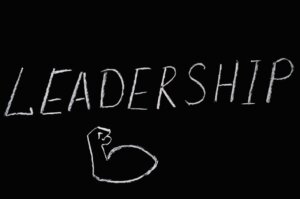Conflict is an inevitable part of life. Conflict is inherent in our differences—in people’s differing backgrounds, perspectives, values, needs, goals, expectations, etc. Here are some common, yet erroneous, beliefs about conflict.
Myth #1:
We tend to think that disagreements and conflicts must always be win / lose situations. “If I don’t win, I lose and YOU win.” Our self-esteem is thus involved and we fight for an issue which may not be that important to us. We need to feel “proven right.”
Myth #2:
If people don’t agree with us, they are against us. And we tend to feel that if someone differs with us on one important issue, we will probably disagree on most issues.
Myth #3:
It is better to avoid and not talk with a person with whom we have had a conflict. It will only make the other person uncomfortable.
Myth #4:
If we disagree or do not understand what someone had said, it is best to ignore the issue, rather than ask for clarification. The problem will probably “go away” if we do not bring it up. Or we may think that everyone else understands what was said, and we do not wish to appear “stupid”.
Myth #5:
We think others can read our minds and know what we are thinking and feeling. We think people understand our suggestions when in fact, they do not. And, we may feel sure we know what the other person is saying when we do not. Consequently, we may be talking at cross purposes and not recognize areas of common interest or agreement.
Yes, conflict can be destructive when it diverts energy from more important activities and issues; when it polarizes people and groups and reduces cooperation .and when it produces irresponsible and regrettable behavior. However, conflict can be constructive when it opens up and improves communication; when it strengthens working relationships and teamwork; and when it leads to better quality decisions and problem solutions.
Mangement Success Tip:
Conflict by itself is neither good nor bad. It’s the way you manage conflict that produces constructive or destructive results. To deal effective with conflict depends on you and your ability to:
- Stop and understand the situation;
- Select appropriate / constructive conflict resolution techniques;
- Start acting in a manner that solves the problem and honors the relationship.
Do you want to develop your Management Smarts?
- Build your skills with The Effective Manager.
- Sign up for Quick Wins: 101 Management Tips.
- Find performance boosters in the Smart Moves Blog.
- Fast track your leadership. Be part of a Success Team.
- Need a speaker? Get the Edge keynotes-webinars-workshops.
- Copyright © 2012 Marcia Zidle business and leadership coach.
 Sections of this topic
Sections of this topic
















